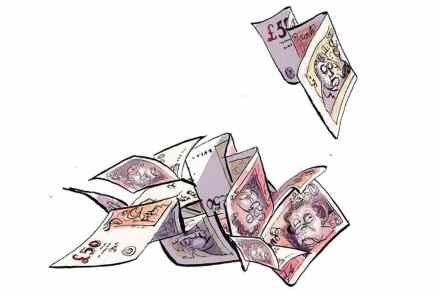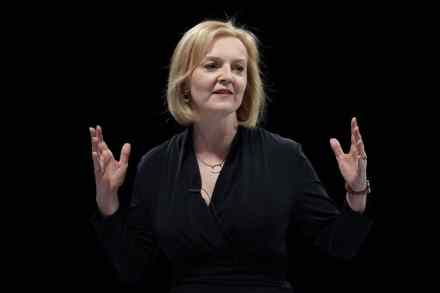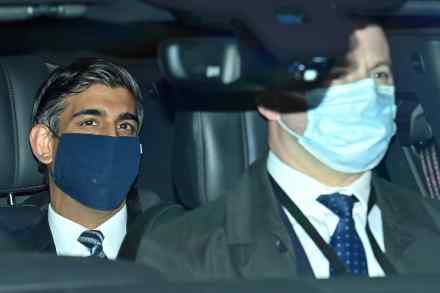Will Truss’s plans to spend big work?
Big spending announcements tend to come alongside big press conferences. During the pandemic years, furlough announcements, extensions and business support were delivered in front of a podium, with rough figures usually attached to each policy. It was the same for the energy crisis, at the start. But as the costs of the support schemes rose, we started to lose transparency. The £9 billion announcement in February came with a headline figure and a rough breakdown of where the money would come from. The £15 billion announcement in May came with a headline figure, but much of the funding stream was glossed over, assumed to be borrowed. These multi-billion pound support




















